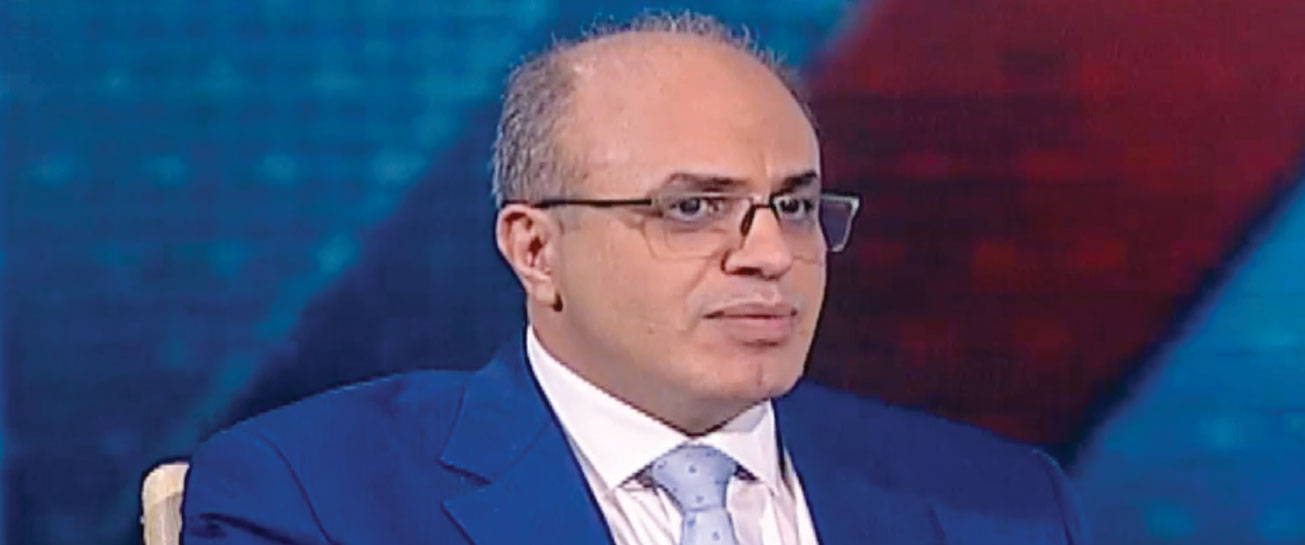Minister of Economy and Foreign Trade, Mohammed Samer al-Khalil, emphasized that the recent measures announced Wednesday will not result in a further decline of the exchange rate, as speculated. Quite the contrary, these measures are aimed at withdrawing the Syrian pound from circulation and curbing inflation.
He highlighted that in recent times, the government and the Central Bank have collaboratively enacted a series of measures to align remittance rates with the parallel rate. However, he pointed out that the parallel rate remains dynamic and undefined. Khalil clarified that the Central Bank operates with strategic accounts and policies, distinct from immediate market trends. He also criticized certain traders who manipulate prices based on anticipated exchange rates, often referred to as hedging, asserting that this practice is not genuine hedging but rather deceptive behaviour.
Salaries Increased as Subsidies on Gasoline and Diesel Reduced
In an official media interview conducted Wednesday, Khalil unveiled a range of measures, some already implemented and others forthcoming, all designed to strengthen the Syrian pound’s value and bolster local production. He emphasized that the local production sector serves as the linchpin of the economy and a safeguard for the currency. Khalil acknowledged the possibility of exerting control over the exchange rate and further reducing it, though he cautioned that these actions must be balanced to avoid undue strains on liquidity and the market’s flow of goods.
Khalil underlined the government’s commitment to understanding public sentiment and addressing societal concerns. He recalled Syria’s extensive history of various forms of support, totalling around 11 different forms, which are now deemed ineffective and no longer prevalent in global practices.
The Minister stressed that subsidy restructuring, long postponed, is imperative. He warned that prolonging these reforms would exact a higher toll on citizens and the national economy. He emphasized that subsidy restructuring is not optional but obligatory for maintaining fiscal stability. While acknowledging that production enhancements are crucial, Khalil acknowledged that such increases, no matter their magnitude, may struggle to match inflation rates. Nonetheless, he expressed confidence that these measures would yield positive economic improvements over the medium and long term.
Khalil countered claims that fuel subsidies had been completely eliminated, asserting that the state still incurs a substantial cost of 11,500 pounds per litre of gasoline. He emphasized that support aims to redress inequalities and prioritize the less fortunate, rather than merely distributing funds. Khalil argued that it is unreasonable to simultaneously seek deficit reduction, price stabilization, income elevation, and market affordability while subsidizing gasoline on a large scale.
Regarding the newfound support framework, Khalil outlined a three-fold division: first, salary and wage increases amounting to 4 trillion pounds; second, deficit reduction; and third, targeted support for critical sectors requiring additional assistance beyond salary hikes. Notably, he pointed out the pressing need to incentivize and retain specialized professionals such as doctors, professors, and judges who have been adversely affected by emigration.
Addressing economic sanctions, Khalil acknowledged the existence of mechanisms to mitigate their impact, although these often result in increased material costs. He attributed the root challenge to underlying economic structures and their accumulated vulnerabilities.
Responding to rumours of an impending economic collapse, Khalil drew parallels to earlier stages of the conflict, emphasizing the Syrian state’s resilience despite adversity. He reiterated the necessity of making tough yet essential decisions to secure the nation’s future. Khalil expressed confidence in the tangible tools and strategies being implemented, assuring that these efforts would yield improved conditions in the medium and long term.
This article was translated and edited by The Syrian Observer. The Syrian Observer has not verified the content of this story. Responsibility for the information and views set out in this article lies entirely with the author.


